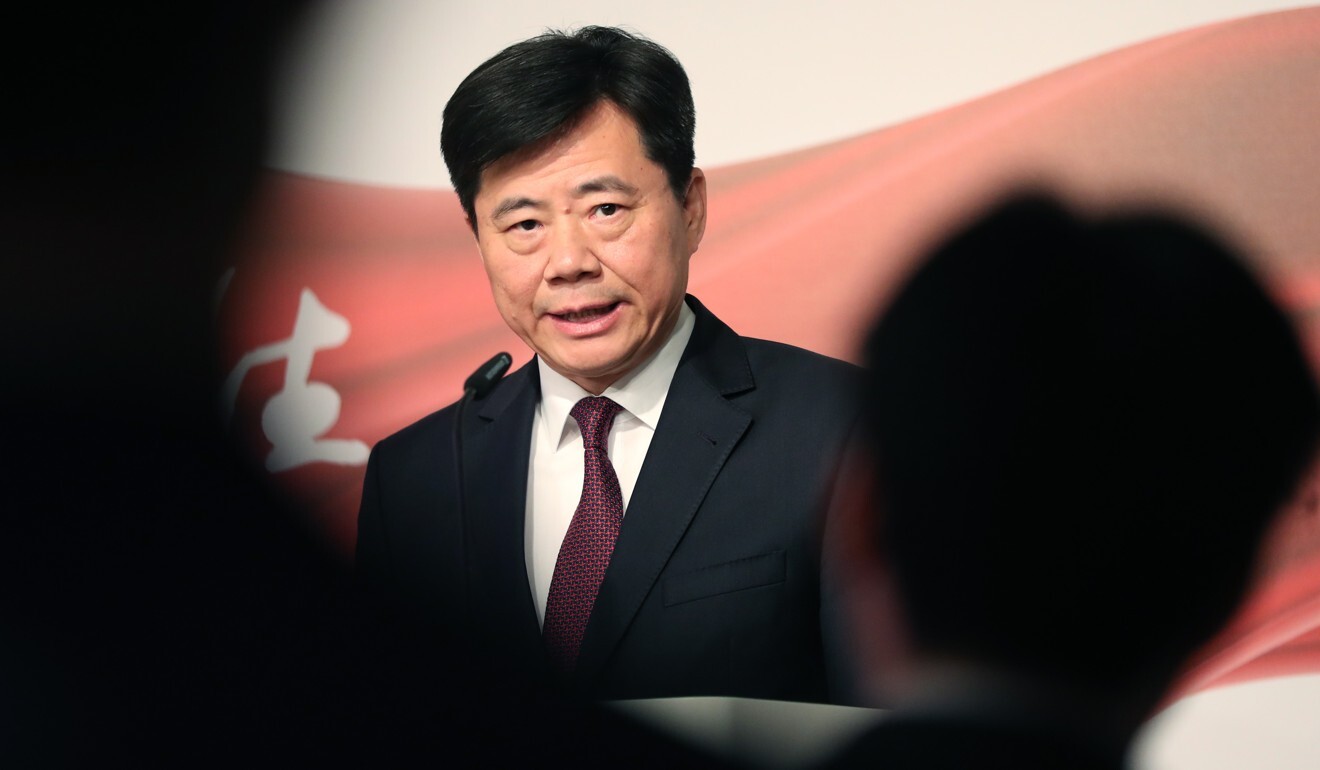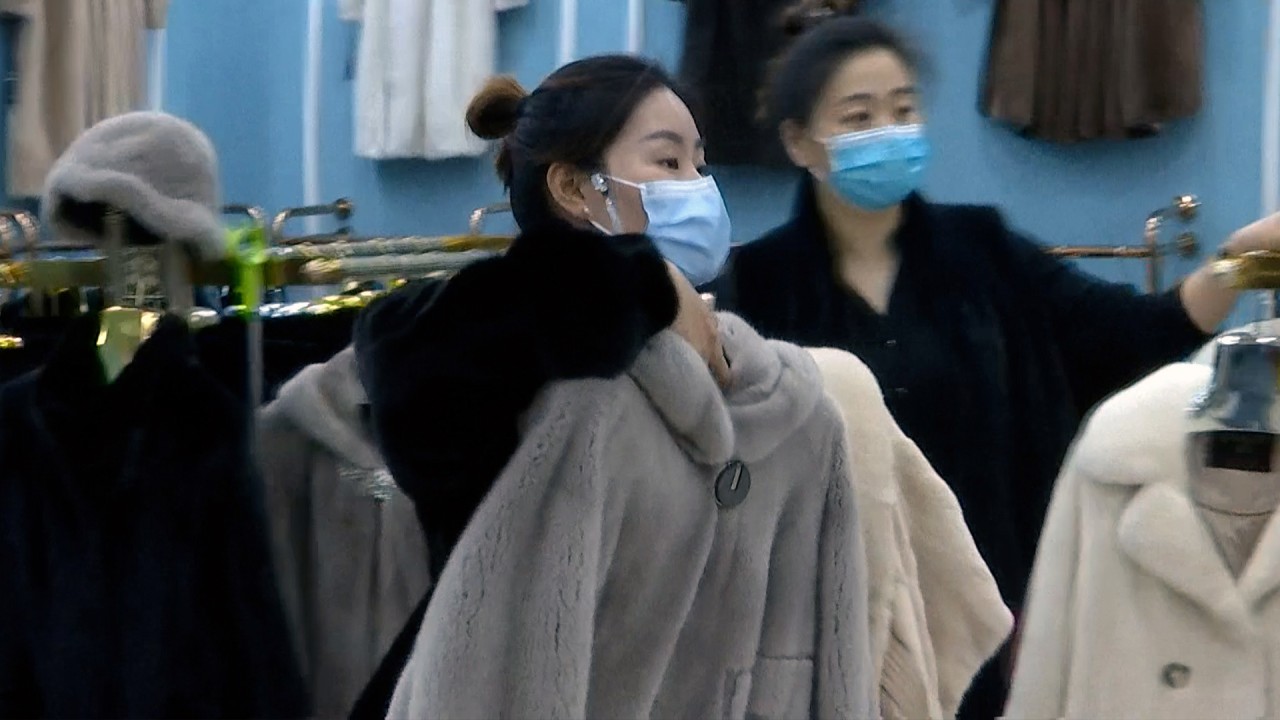
EU will not be snubbed by Beijing, Chinese ambassador assures Germany
- Germany and Europe will gain momentum from China’s ‘dual circulation’ policy, ambassador Wu Ken tells business leaders and politicians
- China and the EU are upping the pace in talks on long-delayed investment treaty, he says
An assurance on Tuesday from Beijing’s ambassador Wu Ken that the bloc will still be a key partner of China – along with a telephone call between the nations’ leaders Angela Merkel and Xi Jinping – came as China and Germany face difficult bilateral challenges, including completing a major EU investment deal and facing falling public opinion of China in Germany.
Addressing German and Chinese business leaders and politicians during the Belt and Road Economic Dialogue, held online on Tuesday, Wu sought to explain Beijing’s economic strategy after concerns that it would lead to China turning inward and relying less on imports.
“Germany and Europe will gain more momentum from China’s new ‘dual circulation’ development pattern,” Wu said, referencing a phrase used in Chinese policy circles since September.

Dual circulation, or developing “internal circulation” and “external circulation” in tandem, has been billed as a means to boost China’s internal market growth.
Wu said the policy would not mean decoupling from the global economy.
“The internal circulation is not to be developed behind closed doors, but to further revitalise and release China’s market potential, promote a higher level of opening up, and make better use of both domestic and international markets,” he said. “China will continue to expand and open up. This is China’s basic national policy.”
In a rare joint opinion piece, French Foreign Minister Jean-Yves Le Drian and his German counterpart Heiko Maas outlined their call in The Washington Post in mid-November, saying the US and the EU should “consult each other” to coordinate their approach to China on human rights, digital infrastructure and fair trade.

01:33
Chinese fur industry feels impact of Europe’s cull of minks because of coronavirus outbreaks
China has been one of the largest buyers of goods from the export-dependent German economy. Last year, China was Germany’s third-largest export market, and second-largest source of imports, according to official Chinese statistics.
Wu added that China and the EU were both increasing the pace of negotiations for a long-awaited bilateral investment treaty, scheduled to be completed before the end of the year.
The pressure is on for both sides to produce concrete results with the political leadership about to change in both the US and Europe, according to Ding Chun, an expert in China-Germany relations at Fudan University in Shanghai.
“There’s a very short window,” he said. “Merkel will probably be leaving soon, and Germany is drawing near to the end of its rotating term in the EU presidency. There’s enormous pressure for both sides to make good on their promise to complete the investment agreement.”
Thomas Gnocchi, head of the EU’s office in Hong Kong and Macau, said both the EU and China maintained their objective of concluding negotiations by the end of the year.
China must deliver on opening up promises ahead of ‘last chance’ EU summit
“These ongoing negotiations, we believe it’s very important to finalise them,” Gnocchi said at an event at Hong Kong’s Baptist University on Wednesday.
The deal was mentioned in Tuesday’s phone call between Xi and Merkel, according to a brief statement from Germany’s foreign ministry. Along with progress on the deal, the two also discussed vaccine development and joint efforts to combat climate change, the statement said.
There are unfavourable opinions of China in Germany, according to new polling data in a study of 13 nations released last week by Sinophone Borderlands, a research organisation in the Czech Republic. It found that more than 60 per cent of Germans viewed China either negatively or very negatively.
More detailed data from the German polling in the report was released this week, and showed that close to half of Germans felt their perception of China had got worse over the past three years.
Additional reporting by Kristin Huang

